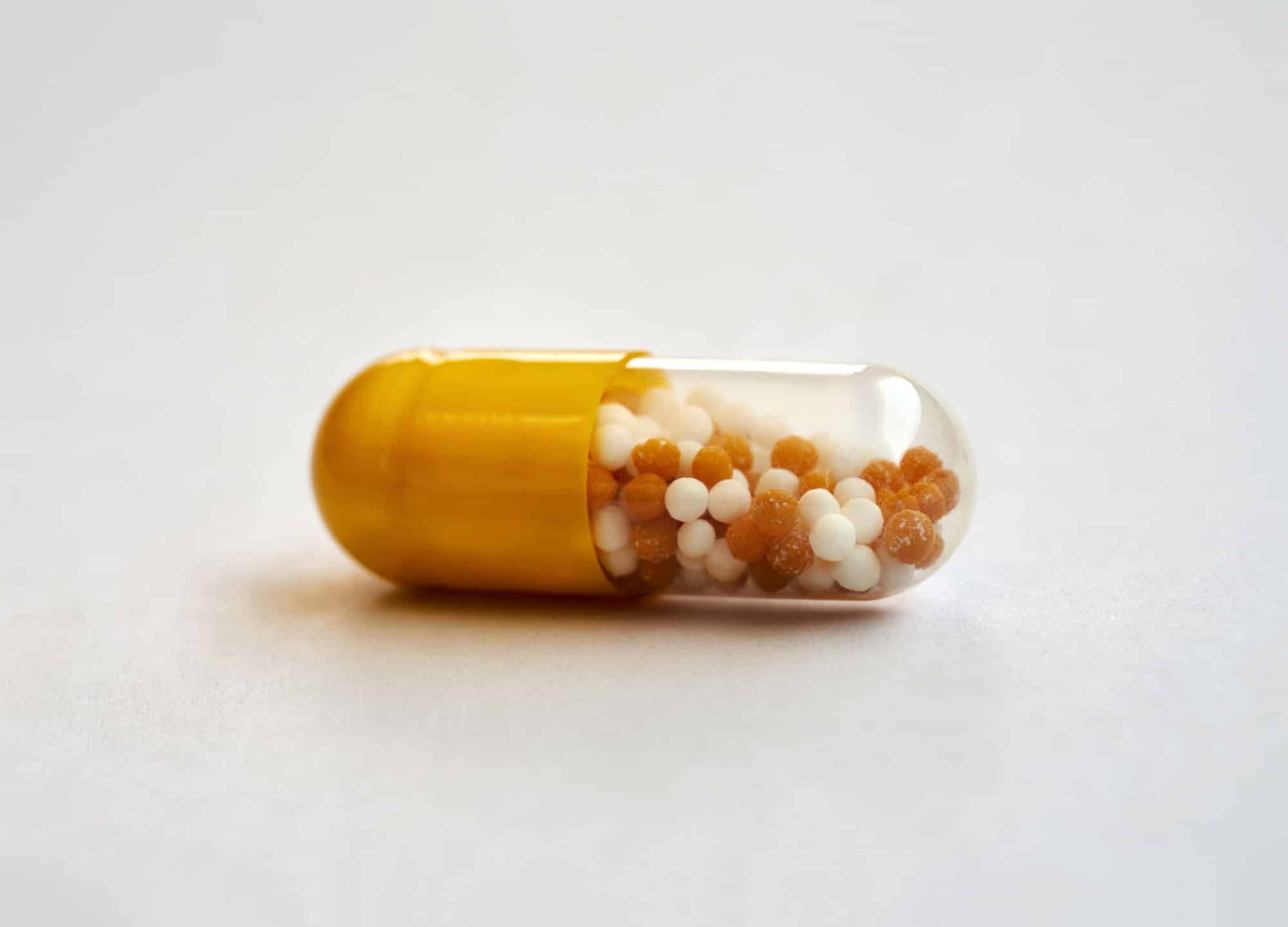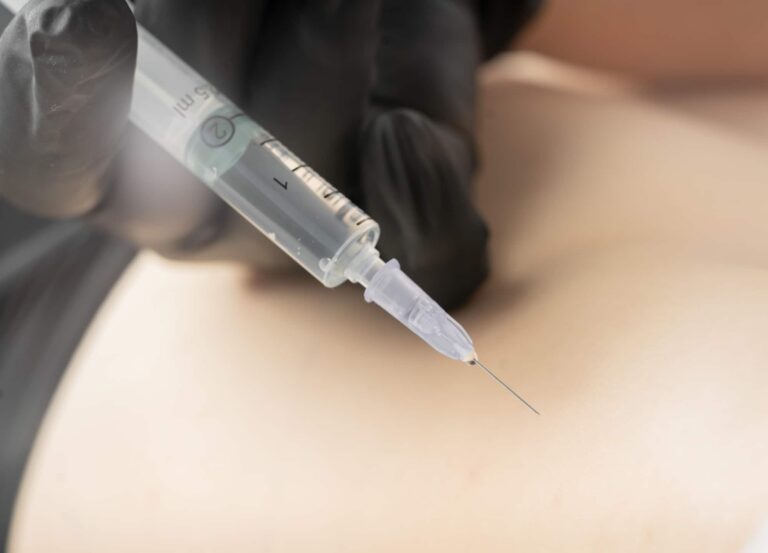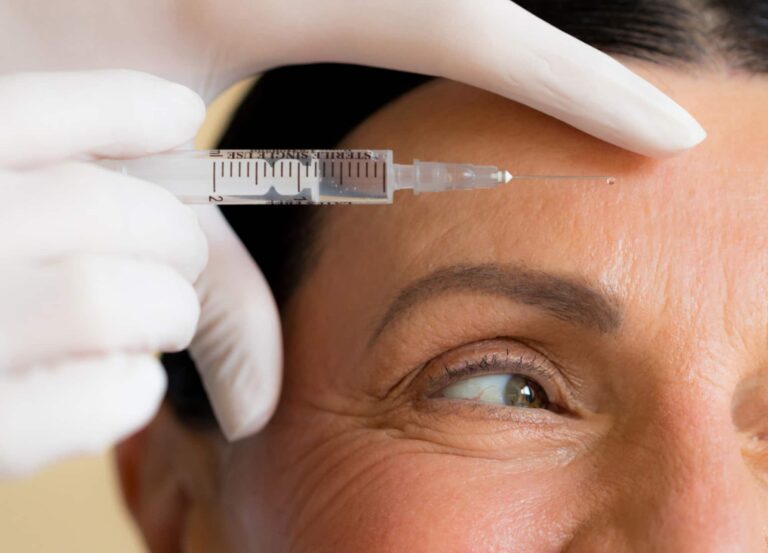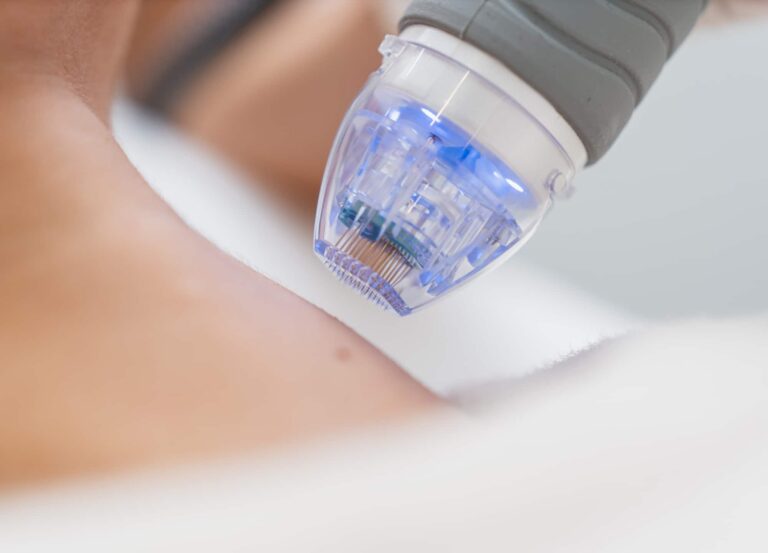Better skin, restful sleep, less stress, more energy. If there’s something you’re lacking, you’re in luck, because there’s a supplement for that. Vitamins, minerals, or other dietary supplements are so common nowadays that, according to the Council for Responsible Nutrition, 77% of adults in the U.S. are taking some form of one. While many people usually turn to supplements to optimize their health, whether to restore a nutritional deficiency, on promise of better sleep, or to boost their immune system, the risks they pose can oftentimes be detrimental—especially during surgery.
There are certain supplements with side effects that can critically impact a surgical procedure. This is why, when a doctor asks if you’re taking any medication, you should always mention multivitamins and other supplements, even though they may not be the first things that cross your mind. While these types of “natural” supplements are generally thought of as safe, they have the potential to cause unnecessary, dangerous, and even life-threatening complications.
Below, we list common supplements that could potentially be dangerous when mixed with surgery. But as Dr. Philip Miller, a board-certified facial plastic surgeon in New York City, explains, determining what you can and can’t take is done on a case-by-case basis. Be transparent with your doctor prior to your procedure, he advises, adding that patients should refrain from popping advised-against pills in the two weeks prior to surgery and for two weeks afterward, to be safe.
Garlic
Garlic supplements are known to help boost the immune system, reduce the duration of colds, lower high blood pressure, and improve cholesterol levels, among other attractive benefits. However, as the American Academy of Family Physicians reports, it can prolong bleeding time after surgery, which you obviously don’t want.
St John’s wort
People have turned to St. John’s Wort for centuries in order to treat a myriad of health conditions, such as depression, anxiety, menopausal symptoms, and sleep disorders. However, it comes with a lot of potential risks, including reducing the effectiveness of certain prescription meds, as pointed out in a 2011 study that showed it to interfere with Xanax. These risks extend to surgery complications. “Some supplements can cause bleeding, such as St. John’s Wort,” Dr. Andrew Cohen, a board-certified plastic surgeon in Encino, California, says. And according to the FDA, St. John’s Wort can make various medications, including those for heart disease, depression, and birth control, less effective. Dr. Cohen also believes that all herbal medications should be avoided by surgery patients because of the risk factors.
Vitamin E
Vitamin E has a host of potential benefits, ranging from improving the skin with its antioxidant properties to treating high blood pressure, so it’s no surprise why it’s a popular supplement. However, Dr. Miller says to avoid vitamin E because it’s a blood thinner.
Selenium
An ingredient found in many popular weight-loss supplements, selenium is a risk for surgery patients because of its potential to increase bleeding.
Echinacea
Echinacea might be considered the original wellness supplement, since it’s usually the first thing someone is told to take to keep them from getting sick. It has anti-inflammatory, immune-boosting, and antioxidant properties, and research has shown it to help regulate blood sugar and slow the growth of tumors. But when it comes to surgery, you should put your echinacea use on pause: long-term, it can cause liver damage—which can increase the hepatotoxic effects of certain drugs, including some anesthetics, according to a 2011 study.
Ginkgo biloba
People take ginkgo biloba because it increases blood flow, thus boosting brain health and reduce inflammation. But it’s also a surgery risk because it thins the blood.
Ginseng
Used in traditional Chinese medicine for thousands of years, ginseng has been used to treat a variety of conditions, including shortness of breath, heart palpitations, insomnia, impotence, and diabetes. In modern times, it’s commonly known as an energy booster, and in surgery, may cause high blood pressure and a rapid heart rate.
Kava
Kava kava, a plant that is known to have relaxing effects and is used as a treatment for anxiety and depression, became a wellness trend star in 2019. In surgical conditions, it poses a risk because it might prolong the effects of anesthesia.
Valerian root
Valerian is another herb that promotes stress relief and relaxation. Unfortunately, in surgery, it might increase the effects of anesthesia.
Ginger
Ginger is a common go-to for nausea and also offers anti-inflammatory benefits, but it carries an increased risk of hematoma and prolongs the amount of time it takes for blood to clot, which is no good for surgery patients.











